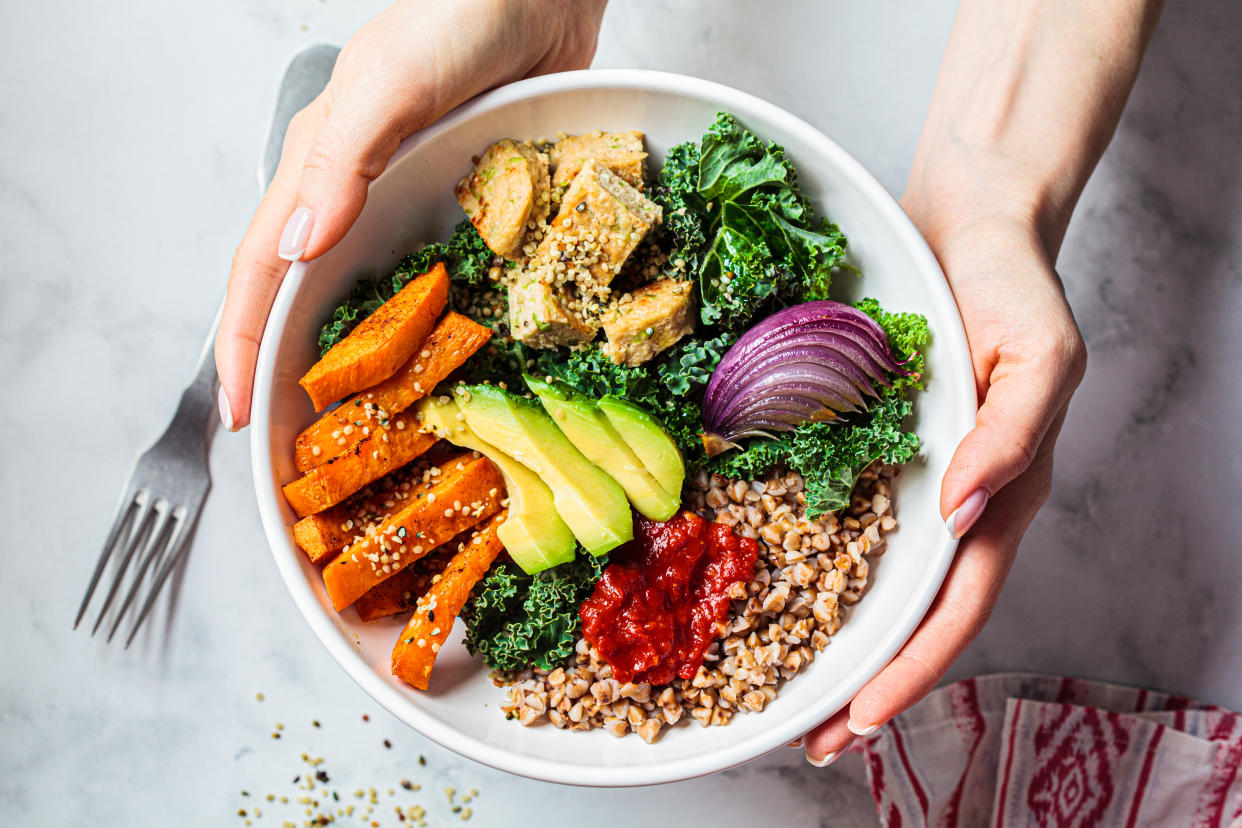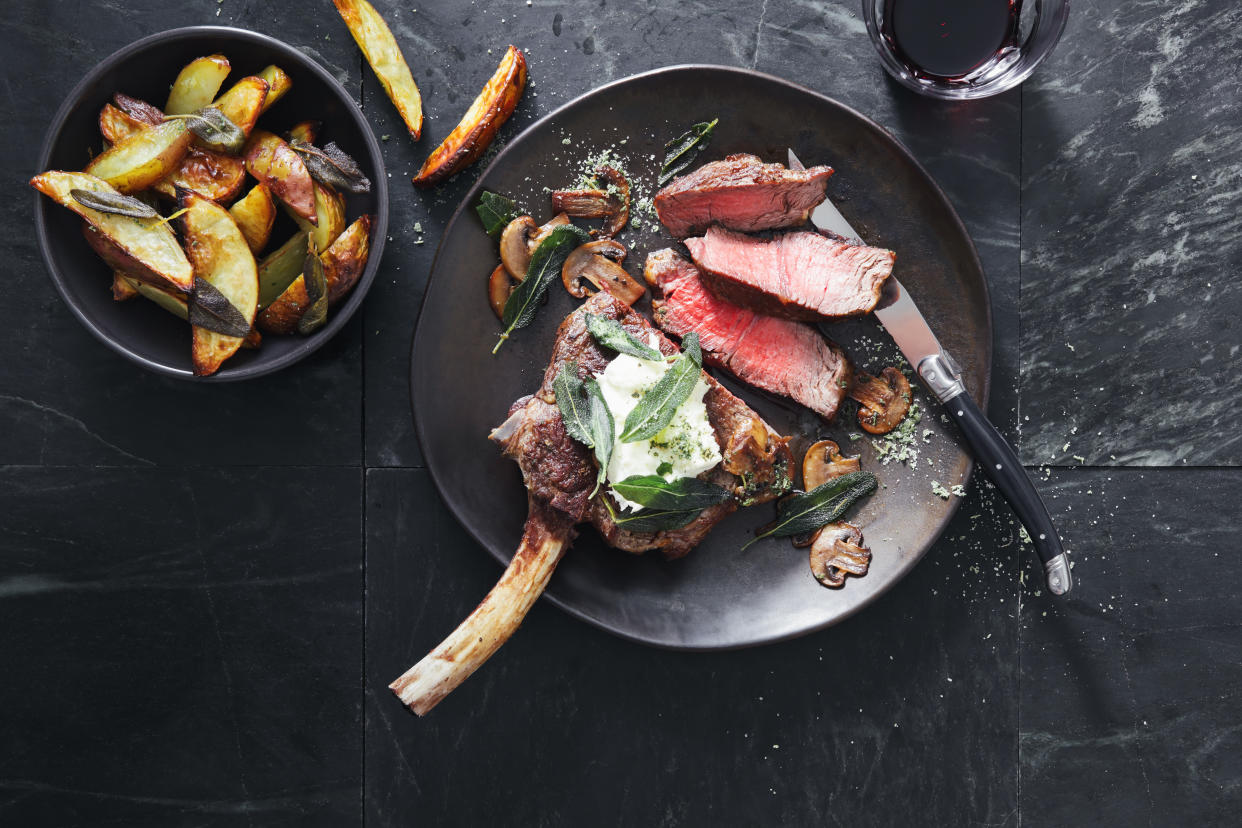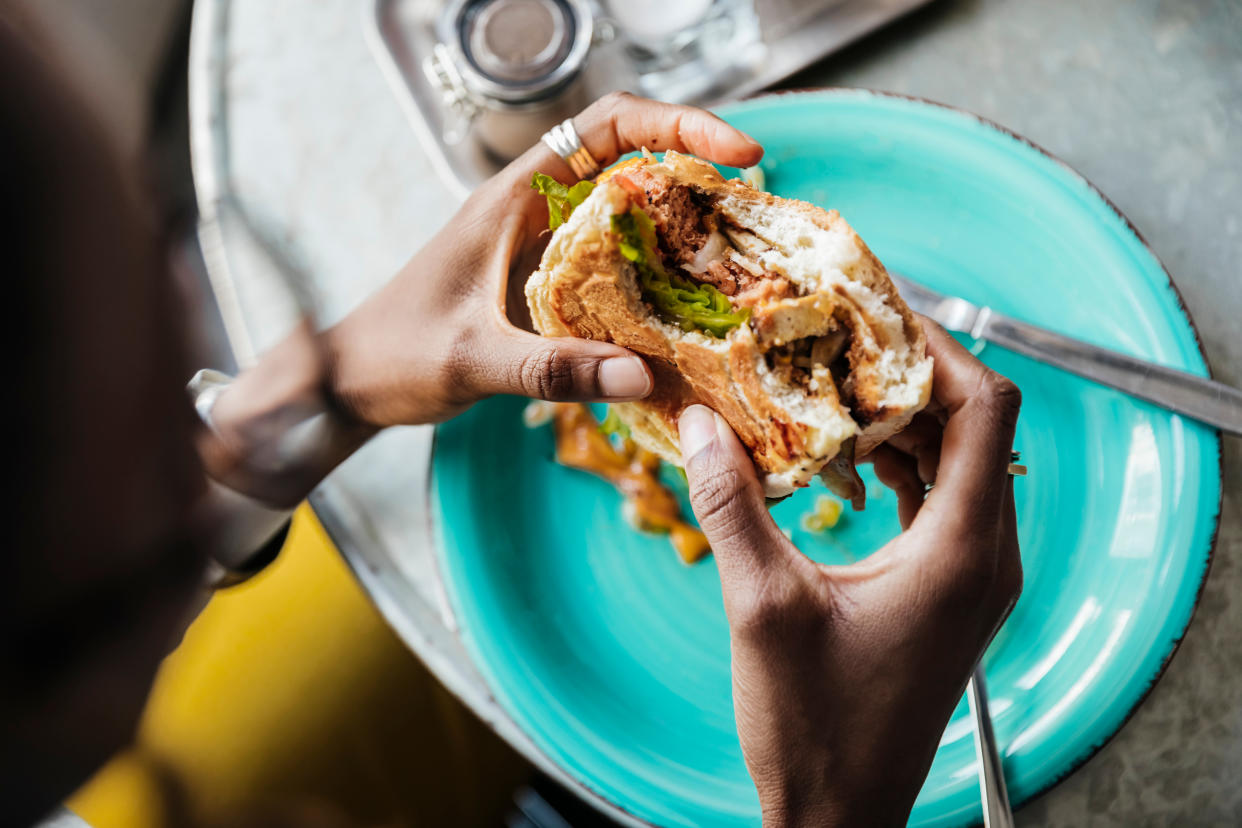Lack of meat and cheese in women's diet could compromise health, says scientist

Many young women are missing out on vital nutrients in their diet because they consume little or no red meat and dairy products, potentially putting their health at risk, a senior scientist has flagged.
Ian Givens, professor of food chain nutrition and director of the Institute for Food, Nutrition and Health at Reading University, said half of women aged between 11 and 18 were consuming below the minimum recommended level of iron and magnesium.
He added a quarter from this age group also ate too little iodine, calcium and zinc.

Professor Givens warned that young women were more at risk of developing these types of nutritional deficiencies than men, which could be because they were "more sensitive to the messages put out about how bad" meat and dairy products are for the environment, leading more to become vegetarian or vegan.
While Givens did admit there were good environmental reasons for eating more plant-based and less animal food, during a briefing on alternative sources of protein organised by the Science Media Centre he also urged: "We do need to make this move with some caution.
"We already have a nutrition situation which is quite marginal in many ways and for some of the issues, I think we will not know the outcome for quite a long time."
Read more: Replacing meat and dairy with vegan alternatives cuts risk of heart disease by third, study finds

He added: "Teenage years are absolutely critical for bone development. If you don't get it right it has major significance in terms of bone health in the elderly, increasing the risk of breakages which can reduce the quality of life."
Givens explained that calcium and magnesium were important for bone development and young women who suffered deficiencies in their adolescence could face even greater problems after the menopause.
During this time women lose the benefits of oestrogen, meaning they would already be at higher risk of bone weakness.
He also pointed out that women in older age groups were also more at risk from deficiencies than men –11% of men aged 11 to 18, 54% of women aged 11 to 18 and 27% of women aged 19 to 64 consumed less than the minimum recommended level or iron, analysis of the government-funded National Diet and Nutrition Survey found.
However, only 2% of men aged 19 to 64 ate less than the minimum recommended level of iron. Red meat is a source of iron, through it's also found in other foods like beans, nuts, pulses, and dark green vegetables.
Read more: Men who switch to a plant-based diet 'don't have lower testosterone levels'
Watch: Eight things you need to know about veganism
Givens also said iodine deficiency was particularly worrying in young women approaching child-bearing age because it was essential for foetal health, and added that milk is the biggest source of iodine for most people but relatively few plant-based alternatives included the mineral.
The professor has called for broader comparisons of the benefits of meat and plant-based products, looking not only at the differences in carbon emissions per unit of food but whether alternatives to meat and dairy are providing the same amount of nutrients.
Interestingly, more than a third of people would be willing to try meat grown in a laboratory, and about a quarter would eat insects, a separate Food Standards Agency (FSA) found.
Concern about the environment was the most common reason for willingness to try alternative sources of protein.
Read more: Have your say: Would you eat lab-grown meat?
Watch: Scientists create lab-grown burgers
Among those unwilling to eat lab-grown meat, 42% firmly said nothing could encourage them to try it, 27% said they could be persuaded if they knew it was safe to eat and 23% if they could trust that it was properly regulated.
Professor Robin May, chief scientific adviser of FSA, said the agency was talking with regulators in Singapore, where lab-grown chicken was first approved for sale in 2020. He added the agency was considering two applications for approval of insect-based food.
Lab-grown meat is artificial meat grown from animal cells.


